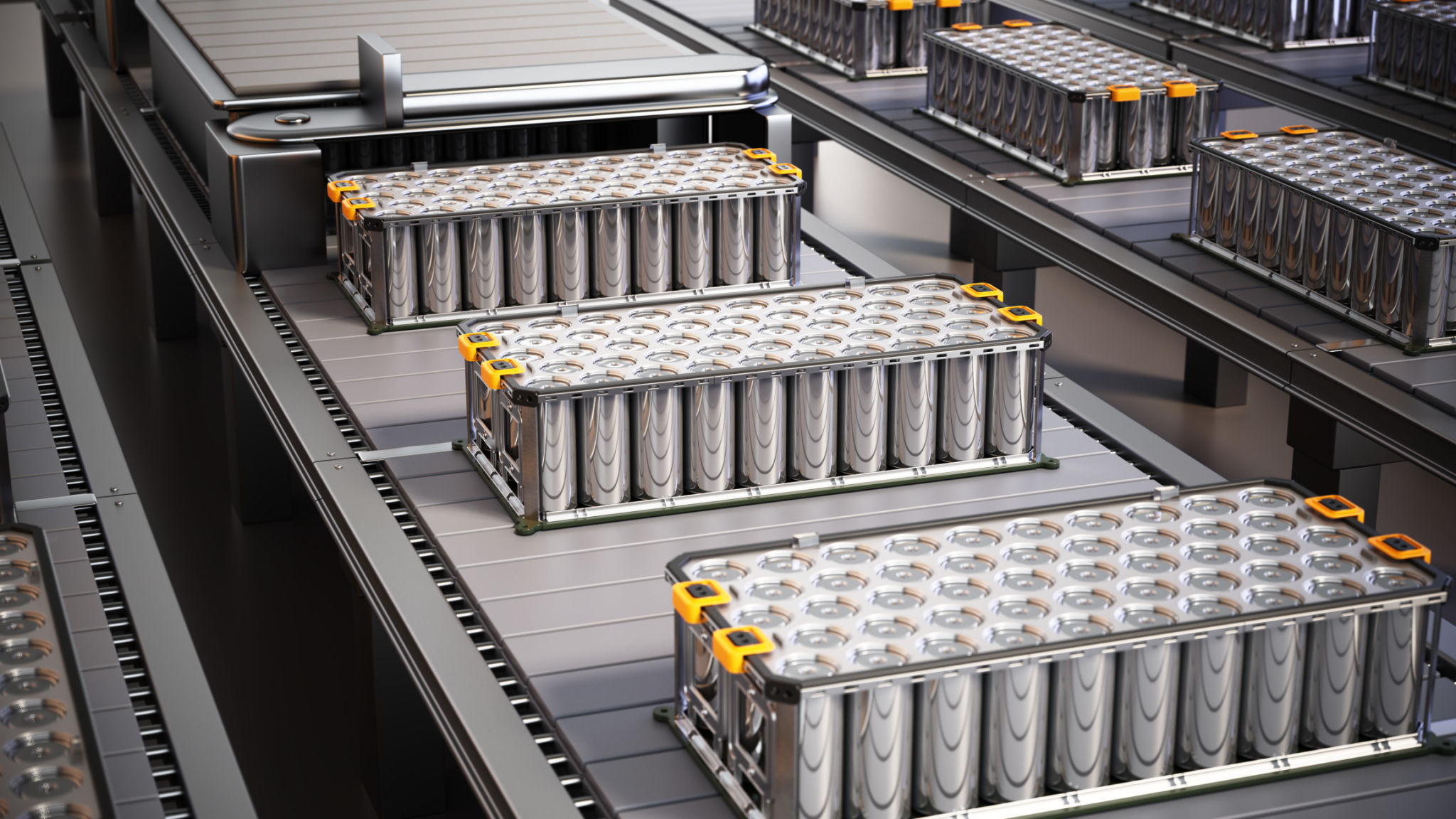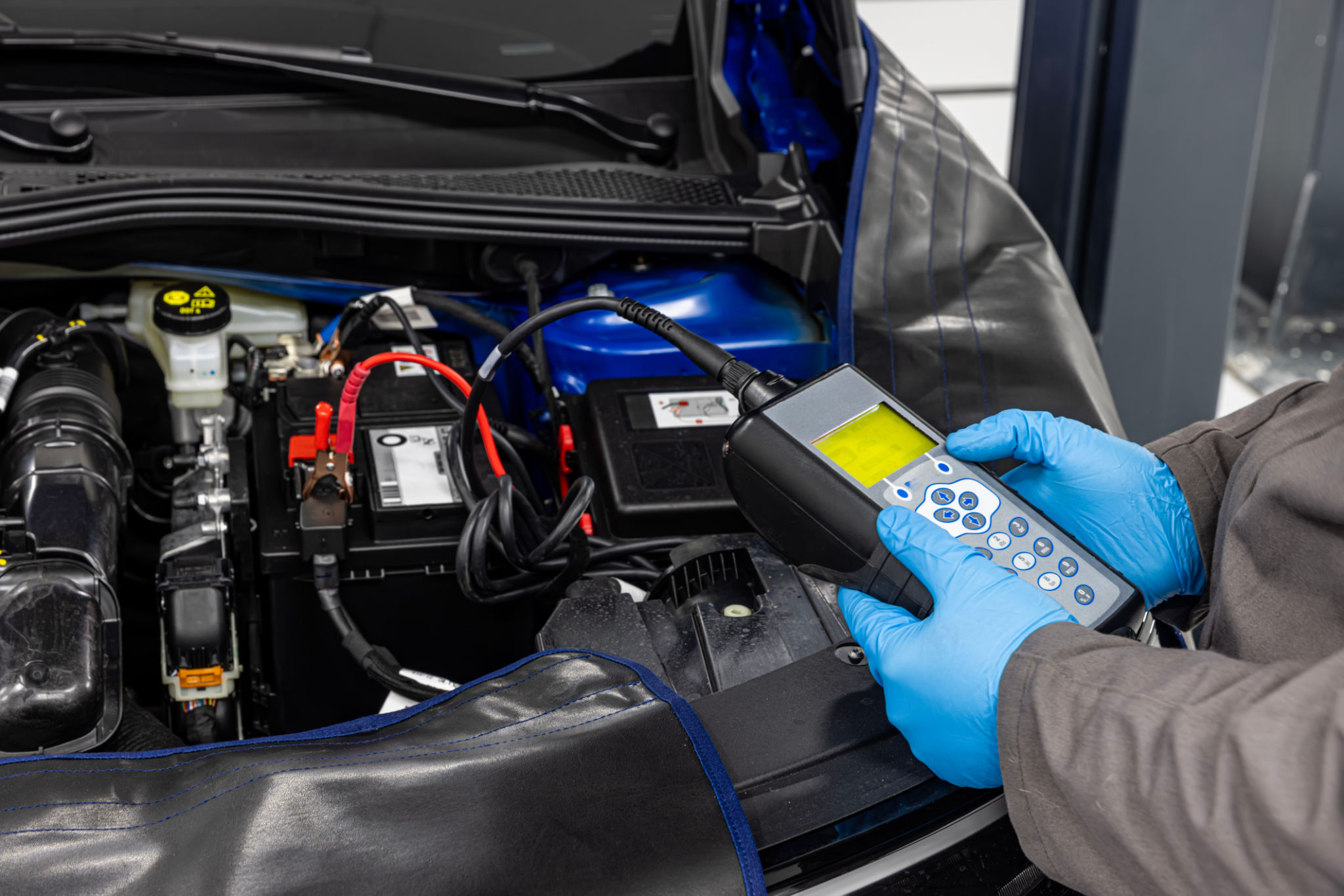Maximizing Performance: Hybrid Vehicle Enhancements in England
The Rise of Hybrid Vehicles in England
In recent years, hybrid vehicles have become increasingly popular in England, as they offer a balance between traditional fuel engines and electric power. This shift is largely driven by environmental concerns and government incentives aimed at reducing carbon emissions. As a result, many car manufacturers are investing heavily in hybrid technology to meet the growing demand.

Hybrid vehicles combine the best of both worlds, providing the efficiency of an electric motor with the long-range capabilities of a conventional engine. This dual nature makes them an appealing choice for many consumers who are looking to reduce their carbon footprint without sacrificing performance or convenience.
Key Enhancements in Hybrid Technology
Improved Battery Performance
One of the most significant advancements in hybrid vehicles is the improvement in battery technology. Modern hybrids feature batteries that are not only more efficient but also lighter and more durable. This enhancement allows for longer electric-only driving ranges, reducing the reliance on fuel and lowering emissions.

Regenerative Braking Systems
Regenerative braking is another crucial development that enhances hybrid vehicle performance. This system captures energy typically lost during braking and converts it into electricity, which is then stored in the vehicle's battery. This process not only improves fuel efficiency but also extends the life of the braking system.
Government Incentives and Policies
In England, the government has implemented various incentives to encourage the adoption of hybrid vehicles. These include tax benefits, grants, and rebates for purchasing hybrid models. Such measures are designed to make these vehicles more accessible and affordable for consumers, thus promoting a greener transportation sector.

The UK government has also set ambitious targets to phase out petrol and diesel cars by 2030, further pushing manufacturers and consumers towards hybrids and electric vehicles. This policy shift is expected to accelerate the development and adoption of hybrid technology in the coming years.
The Future of Hybrid Vehicles
Integration with Smart Technology
The future of hybrid vehicles looks promising, with continued advancements in smart technology integration. Features such as adaptive cruise control, lane-keeping assistance, and smart navigation systems are becoming standard in many hybrid models. These technologies not only enhance the driving experience but also improve safety and efficiency.

Sustainability and Environmental Impact
As hybrid vehicle technology continues to evolve, its positive impact on the environment is expected to increase. By reducing reliance on fossil fuels and lowering emissions, hybrids play a crucial role in combating climate change. Additionally, as battery disposal and recycling methods improve, the overall sustainability of these vehicles will be further enhanced.
In conclusion, the advancements in hybrid vehicle technology are paving the way for a cleaner and more efficient future in England. With continued innovation and supportive government policies, hybrids are set to become an integral part of the automotive landscape.
